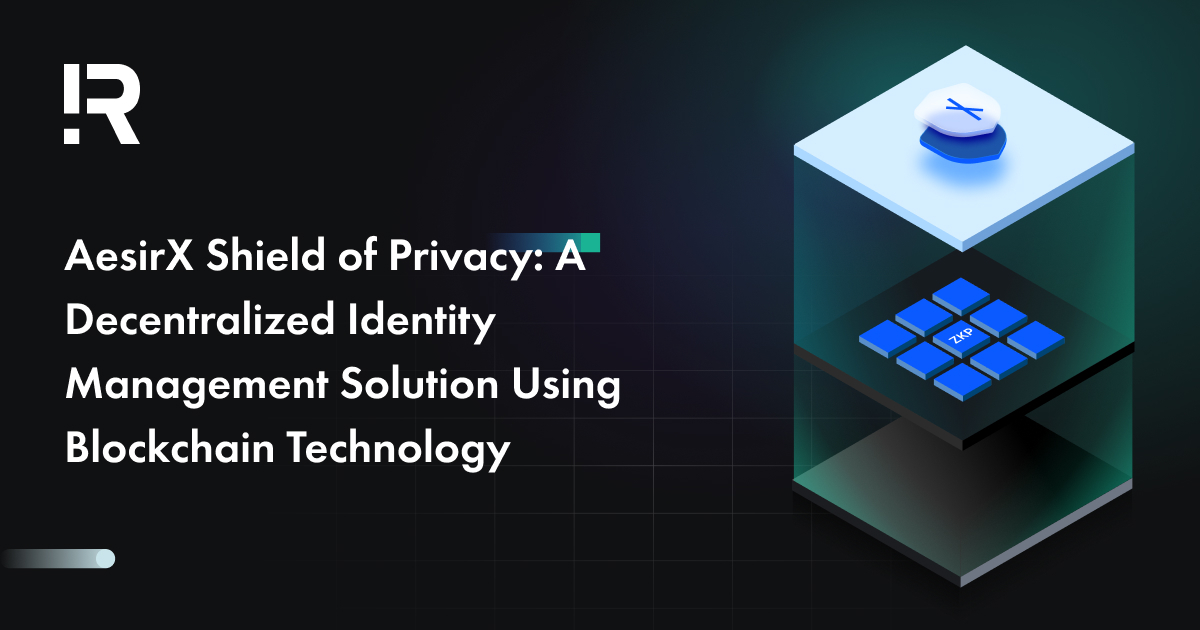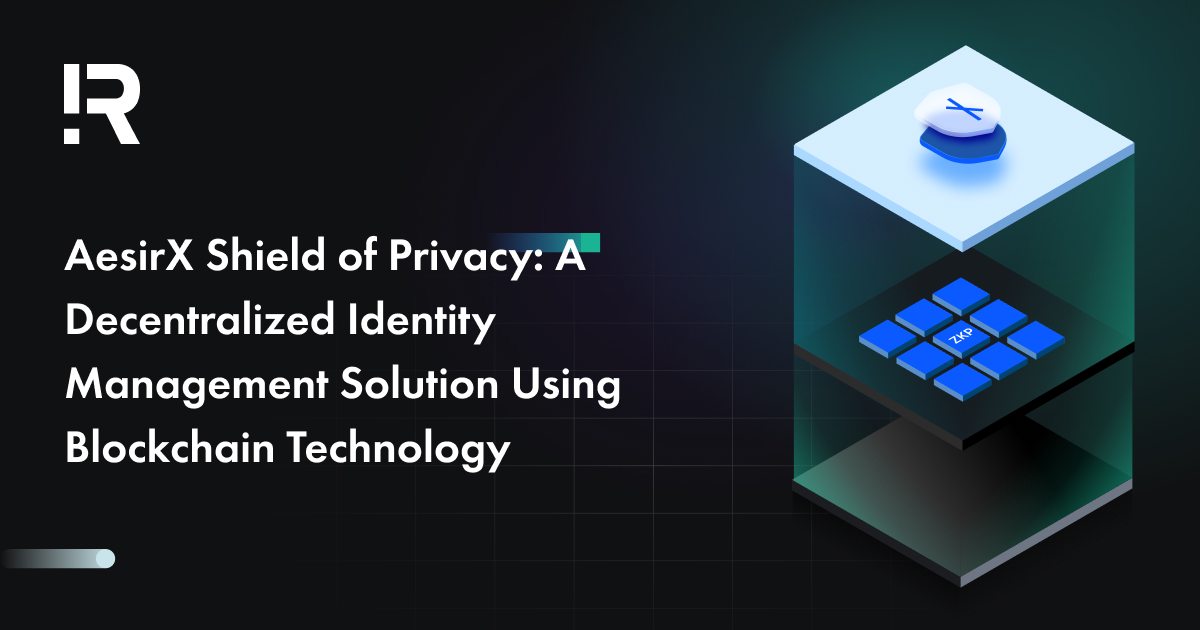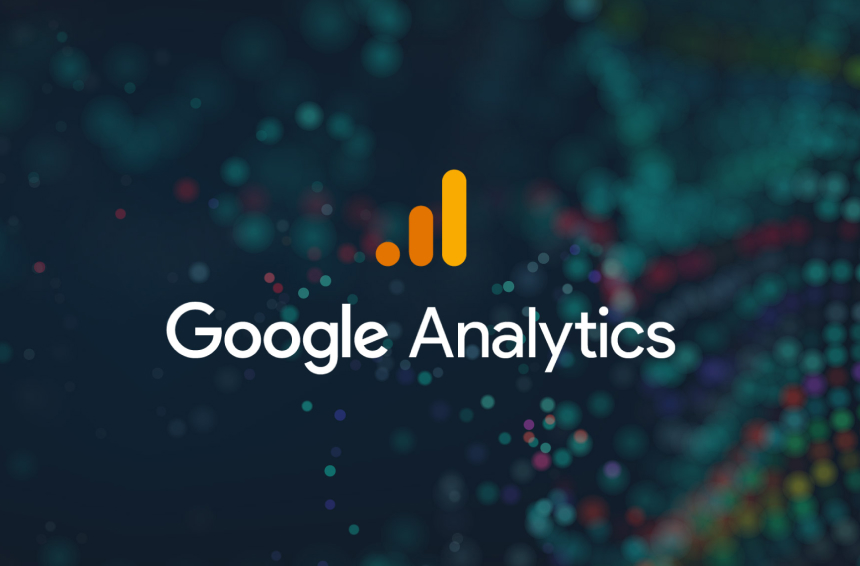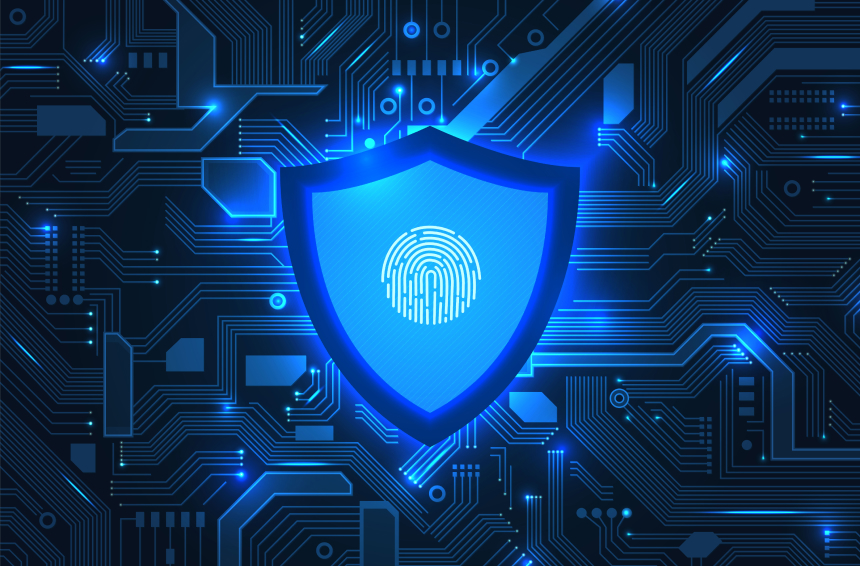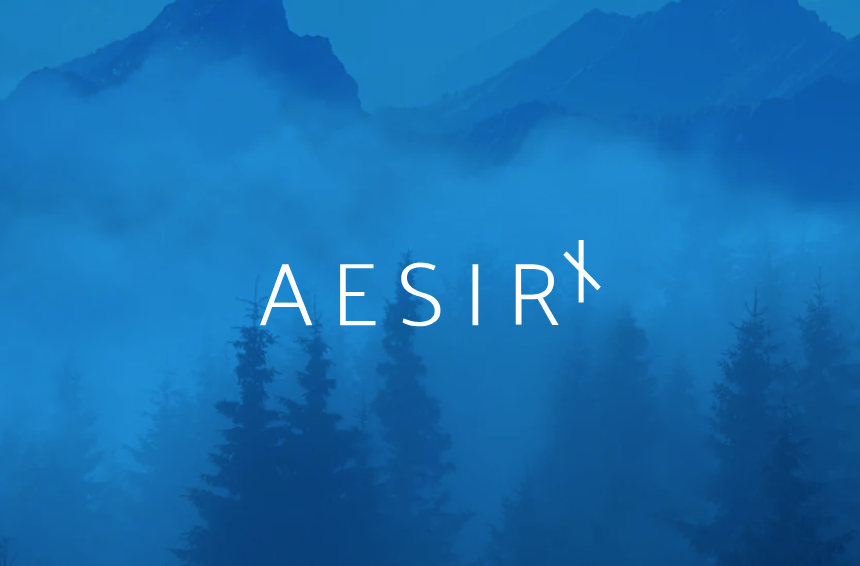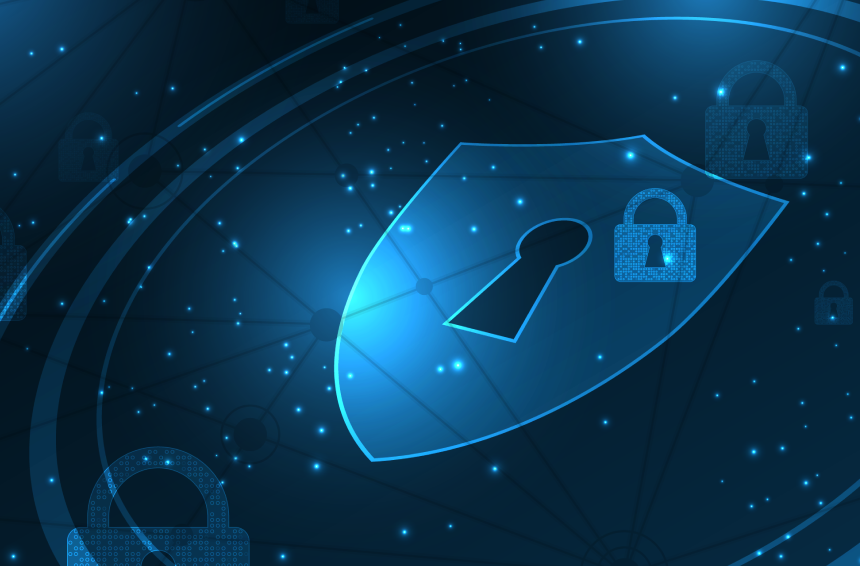1. What is decentralized identity management?
Decentralized Identity Management is a method that enables individuals to create, manage, and control their personally identifiable information (PII) without the use of centralized third parties such as registration authorities, identity providers, or certification agencies.
Decentralized identity management, from a technical standpoint, entails disseminating identity information rather than storing it in a single location. This ensures that no centralized entity has complete control over all identity data. Instead, identity information is divided into smaller pieces and distributed across multiple nodes or systems.
Personally identifiable information, such as name, address, nationality, employment, biometrics, family information, etc, is considered private and sensitive data. In the digital realm, this can also include login information, passwords, search history, purchase history, and other types of data.
Decentralized identity management allows users to own and control their identities. This method of identity management provides several significant advantages:
➜ Reduced risk of data leaks
Traditional identity management systems with centralized databases have potential security flaws, and an attack could result in a large-scale data breach. In contrast, a decentralized system with distributed data helps to mitigate this risk.
➜ Privacy protection
Rather than allowing a single organization to collect and control information, users gain more control over their data. They can decide where to store information, who has access to it, and how to share it.
➜ Secure logins
Users no longer need to use passwords to access online services. Instead, they authenticate and access websites and applications using an encrypted key pair via Web3.
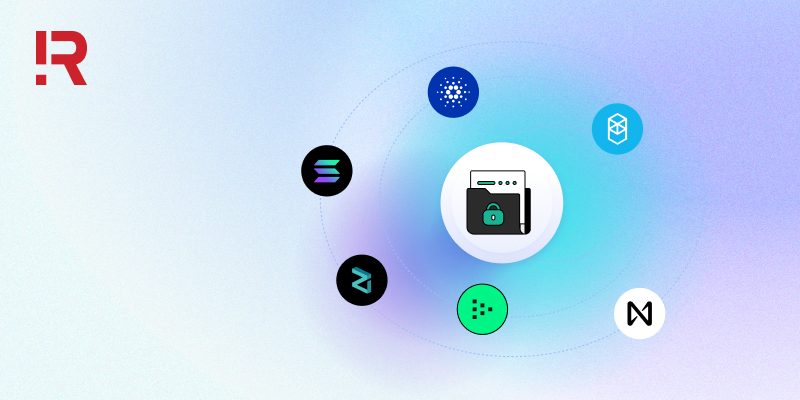
Control, security, and privacy are the three primary benefits of decentralized identity management.
2. Web3 and Blockchain: The foundation of decentralized identity management
Blockchain technology and Web3 form the foundation of decentralized solutions and identity management, ensuring the security, distribution, and control of personal information.
➝ Blockchain technology with data distribution capability
Blockchain is an appealing choice for decentralized identity management because of its decentralized storage mechanism and transaction confirmation capability. Personal information is distributed and stored across multiple blocks in the blockchain rather than in a single central entity.
➝ Web3 focuses on decentralization, security, and interactivity
Web3 offers enhanced security and privacy to users, preventing the misuse of personal information. Users maintain control over their personal data through encryption and authentication.
Furthermore, Web3 fosters a more equitable and interactive environment. Users can easily interact and share data with one another without the involvement of third parties.
➝ The Integration of AesirX and Concordium
AesirX specializes in enterprise solutions that prioritize customer privacy and data security. Concordium, on the other hand, is well-known as a blockchain with characteristics centered on privacy, transparency, and decentralization. It serves as the foundation for AesirX's Shield of Privacy decentralized identity management solution.
AesirX Shield of Privacy, which integrates with Concordium Web3 ID, gives users complete control over their online data while enabling data verification without revealing their information. This collaboration strengthens AesirX's reputation and opens the door to the world of secure digital technology while respecting individuals' data privacy rights.
3. AesirX Shield of Privacy: A decentralized solution for identity management
AesirX Shield of Privacy is a Blockchain-based decentralized identity management solution. It provides users with secure and immutable identity verification across Web2 and 3. AesirX Shield of Privacy uses the Zero-knowledge Proof (ZKP) mechanism to give individuals control over their identities while also ensuring privacy and security.
➝ Absolute security and privacy
AesirX Shield Of Privacy not only ensures the privacy of personal information but also provides comprehensive security measures. The use of encryption and blockchain technology protects data from potential attacks.
➝ Ownership and data control rights
AesirX Shield Of Privacy gives users complete control over creating and managing their identities. They can control access rights and data sharing as desired, as well as revoke consent to prevent future data collection.
➝ Concordium Web3 ID credentials verification
AesirX Shield of Privacy, powered by Concordium Web3 ID, allows users to verify their identity without disclosing sensitive information. This technology combines blockchain and Zero-knowledge Proof (ZKP) to ensure secure identity verification while protecting personal data. It sets a new standard for privacy and security and enhances online interactions.
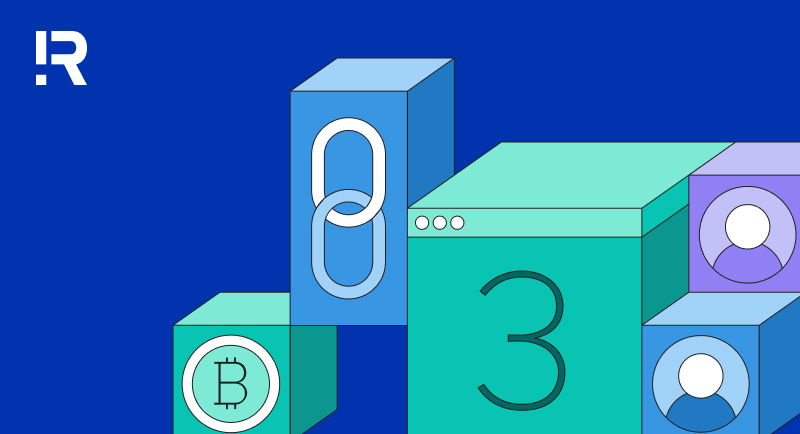
AesirX's decentralized identity management solution gives users control over their data
4. Potential applications and future prospects
The "AesirX Shield Of Privacy" can be used not only for personal identity management, but also for marketing, data analysis, e-commerce and other purposes.
The combination of "AesirX Shield Of Privacy powered by Concordium Web3 ID technology" and "AesirX Analytics" tools assists businesses in adhering to data protection regulations, streamline operations with innovative identity verification, building customer credibility, and providing valuable insights about websites and customers. This allows for more personalized experiences and more effective marketing outcomes.
As more organizations and individuals recognize the value of protecting personal information and privacy, the prospects for "AesirX Shield Of Privacy" and similar solutions are promising. We can look forward to a safer and more secure future for personal data as technology advances and support for decentralized identity management grows.
Learn more about the AesirX identity management solution at https://shield.aesirx.io/.
Alternatively, contact R Digital for more information at https://r-digital.tech/contact.






















